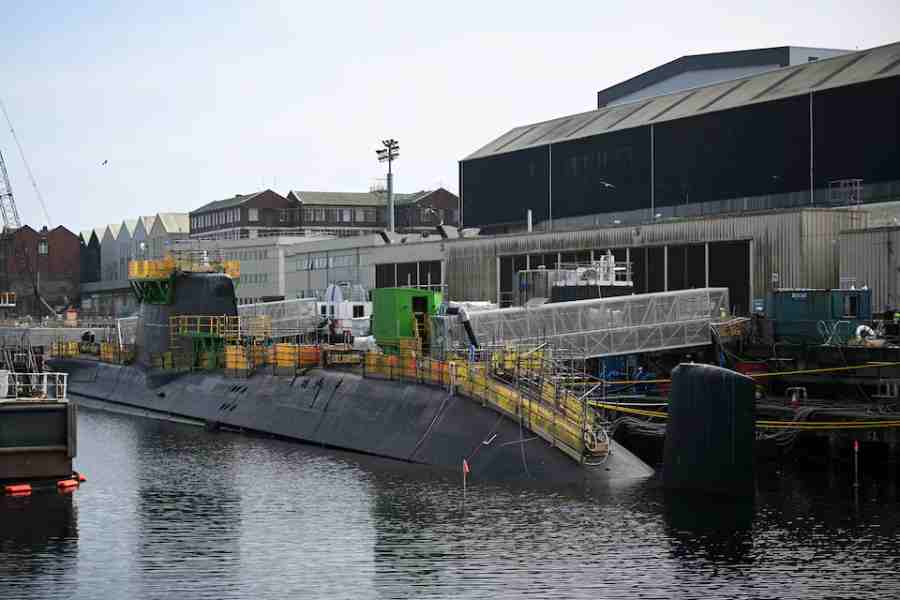Britain will expand its nuclear-powered attack submarine fleet as part of a defence review to be published on Monday that is designed to prepare the country to fight a modern war and counter the threat from Russia.
Prime Minister Keir Starmer, like other European leaders, is racing to rebuild the UK's military capabilities after U.S. President Donald Trump told the continent it needed to take more responsibility for its own security.
Monday's Strategic Defence Review will call for Britain's armed forces to move to a state of "warfighting readiness" and spell out the threats it faces, including Russian aggression.
In light of Trump's decision to upend Europe's strategic reliance on the U.S., Starmer has already committed to raising defence spending to 2.5% of GDP by 2027, from 2.3%, with an ambition to get to 3% over the longer term.
The defence review will set out plans to build at least six new munitions plants, procure up to 7,000 British-made, long-range weapons, and launch new tech and cyber systems to better connect and defend the armed forces on the battlefield.
"We cannot ignore the threat that Russia poses. We've seen what's happened in Ukraine just over three years ago," Starmer told the BBC.
The review, led by the former NATO boss, George Robertson, and a former Russia adviser to the White House, Fiona Hill, is designed to reverse Britain's post-Cold War decline in military capability. It will make 62 recommendations, all of which the government is expected to accept.
ATTACK SUBS
Among the changes, Britain will build up to 12 of its next-generation attack submarines - which are nuclear-powered but carry conventional non-nuclear weapons - to replace the current fleet of seven from the late 2030s, the Ministry of Defence said.
Britain operates a separate fleet of submarines armed with nuclear weapons. The government, for the first time, said a pre-existing programme to develop a new nuclear warhead to replace the model used by that fleet would cost 15 billion pounds.
"With new state-of-the-art submarines patrolling international waters and our own nuclear warhead programme on British shores, we are making Britain secure at home and strong abroad," Defence Secretary John Healey said.
The new submarines will be a model jointly developed by the UK, U.S. and Australia, under a security partnership known as AUKUS.
Juggling severely strained public finances, a slow-growing economy and declining popularity among an increasingly dissatisfied electorate, Starmer has sought to cast increased spending on defence as a way to create jobs and wealth. "This plan will ensure Britain is secure at home and strong abroad, while delivering a defence dividend of well-paid jobs up and down the country," he is expected to say in a speech launching Monday's review.











